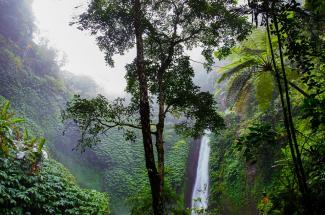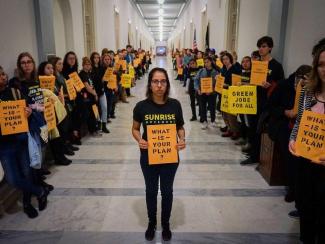Insight on Compensatory Mitigation: Progress and Opportunities

Natural resource mitigation—avoiding impacts to important species and habitat, minimizing impacts, and then providing offsets for remaining, residual impacts—is a valuable tool for developers and agencies to comply with the requirements of the National Environmental Policy Act, a variety of federal statutes that regulate impacts to important wildlife species and habitat, and/or public land management statutes requiring that uses of public lands be balanced with protection and conservation.








